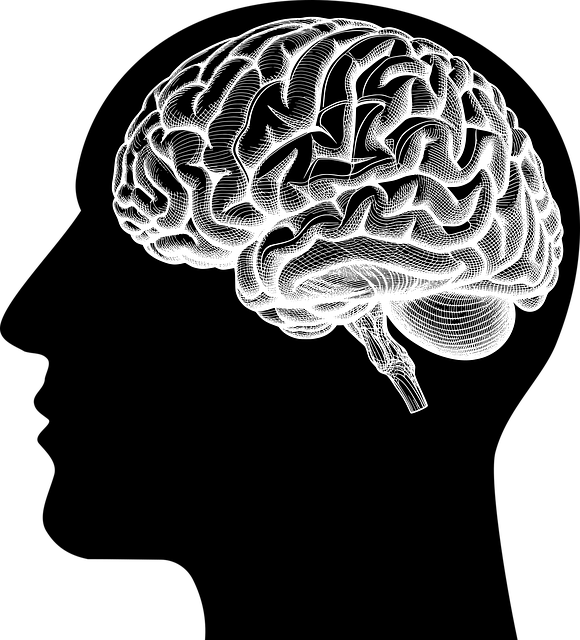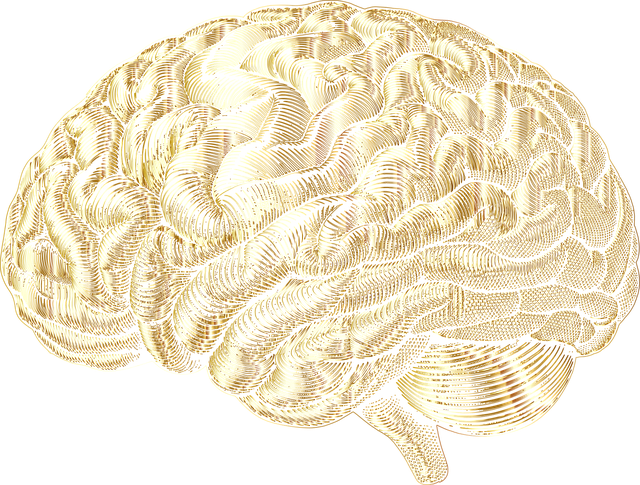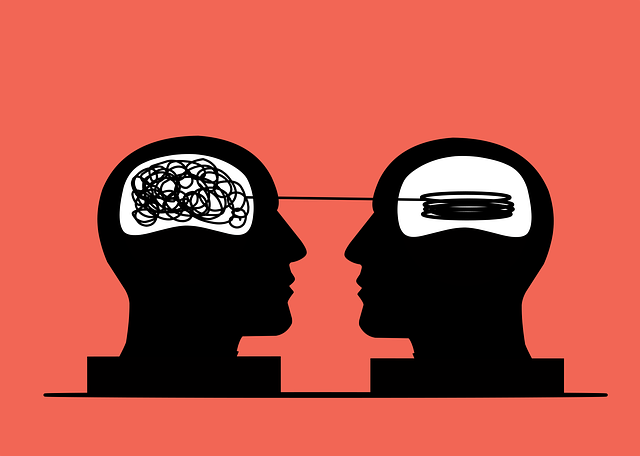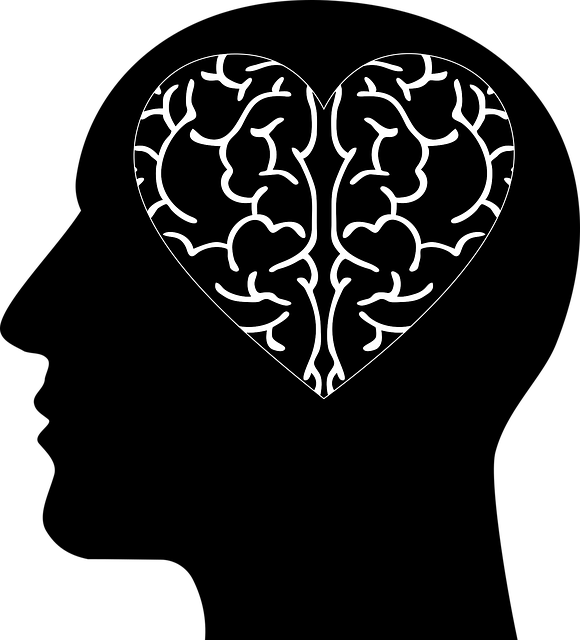Depression stems from a complex interplay of biological, psychological, and environmental factors, with eating disorders like anorexia and bulimia contributing significantly. Specialized therapy, such as CBT, addresses body image and self-esteem issues while stress management is crucial to prevent depressive episodes. Balanced lifestyles involving exercise, healthy eating, and sleep plus social connections and relaxation techniques reduce risk. Early intervention through accessible therapy, targeting unhelpful thinking patterns, enhances mental health awareness. Integrating support networks and professional groups, including therapy for eating disorders, promotes self-care routines and strengthens resilience against depression.
Depression is a prevalent yet complex mental health challenge. This article explores comprehensive strategies to prevent and manage it, focusing on lifestyle adjustments, therapy options, and building resilience. We delve into understanding depression’s triggers, highlighting the critical role of cognitive behavioral therapy (CBT) in eating disorder prevention. Additionally, we explore how supportive networks can foster resilience against this elusive condition. By integrating these strategies, individuals can navigate their mental health journey with enhanced coping mechanisms and improved well-being.
- Understanding Depression and Its Triggers
- Lifestyle Changes for a Balanced Mind
- The Role of Therapy in Eating Disorders Prevention
- Cognitive Behavioral Therapy (CBT): A Powerful Tool
- Building a Supportive Network for Resilience
Understanding Depression and Its Triggers

Depression is a complex mental health condition that can significantly impact an individual’s daily life and overall well-being. Recognizing its triggers is a crucial step in prevention. Various factors contribute to depression, including biological, psychological, and environmental influences. Hormonal imbalances, genetic predisposition, and brain chemistry changes can play a role, especially for individuals already at risk or those recovering from eating disorders like anorexia nervosa or bulimia nervosa. These disorders often require specialized therapy, such as cognitive-behavioral therapy (CBT), to address underlying issues related to body image, food, and self-esteem.
Stress management is another vital aspect in understanding and preventing depression. Chronic stress, whether from work pressure, personal relationships, or financial worries, can trigger depressive episodes. Mental health education programs designed to teach individuals about recognizing stress triggers and healthy coping mechanisms can be beneficial. Additionally, developing a consistent self-care routine focused on physical health, emotional well-being, and social connections is essential. This may include regular exercise, mindfulness practices, and maintaining a balanced lifestyle to support overall mental health and resilience against depression.
Lifestyle Changes for a Balanced Mind

Adopting a balanced lifestyle is a powerful tool in preventing depression. Regular physical activity, a healthy diet, and sufficient sleep play a crucial role in maintaining mental well-being. Engaging in activities that promote relaxation and stress reduction, such as yoga or meditation, can significantly lower the risk of depressive episodes. Additionally, fostering strong social connections through regular interaction with friends and family helps create a supportive network, offering both emotional comfort and practical assistance during challenging times.
In some cases, addressing underlying issues like anxiety relief or therapy for eating disorders is essential. Social skills training can enhance interpersonal relationships, reducing feelings of isolation. Cultivating positive thinking habits encourages resilience and promotes a more optimistic outlook on life. Integrating these lifestyle changes into daily routines can create a protective barrier against depression.
The Role of Therapy in Eating Disorders Prevention

Therapy plays a pivotal role in preventing eating disorders by addressing underlying mental health issues and promoting healthy coping mechanisms. For individuals at risk, or those experiencing early symptoms, cognitive-behavioral therapy (CBT) has proven effective in changing unhelpful thinking patterns and behaviors related to food and body image. This type of therapy helps people develop healthier relationships with meals and their bodies, reducing the likelihood of developing an eating disorder.
In addition to CBT, interpersonal therapy (IPT) can be beneficial by focusing on improving social functioning and identifying and resolving interpersonal problems that may contribute to emotional distress and disordered eating. Mental Health Policy Analysis and Advocacy efforts have highlighted the importance of early intervention and access to quality therapy as key components in preventing eating disorders. By integrating mental illness stigma reduction efforts into therapeutic approaches, Self-Care Routine Development for Better Mental Health can be encouraged, fostering resilience and promoting a positive body image from an early age.
Cognitive Behavioral Therapy (CBT): A Powerful Tool

Cognitive Behavioral Therapy (CBT) is a powerful tool in the arsenal against depression. This form of therapy focuses on identifying and changing negative thought patterns and behaviors that contribute to depressive episodes. By challenging distorted thinking and adopting healthier coping mechanisms, CBT empowers individuals to manage their symptoms effectively. It has been particularly effective in treating not only depression but also anxiety disorders and, notably, therapy for eating disorders.
Incorporating mindfulness meditation as a component of CBT can further enhance its benefits. Mindfulness techniques encourage individuals to stay present and non-judgmentally aware of their thoughts and emotions. This heightened awareness allows people to recognize early signs of depressive relapses and implement coping strategies before symptoms escalate. Thus, CBT combined with mindfulness meditation offers a comprehensive approach to depression prevention and the promotion of mental health awareness.
Building a Supportive Network for Resilience

Building a strong support network is a vital resilience strategy against depression. This involves fostering meaningful connections with family, friends, and even professional support groups. Therapy for eating disorders, for instance, can be a part of this network, offering not just treatment but also a safe space to express vulnerabilities. Empathy-building strategies within these relationships encourage open communication, understanding, and emotional support—crucial elements in mental health recovery and prevention.
Self-care routine development is enhanced by such connections. When individuals feel supported, they are more likely to engage in proactive self-care practices known to improve mental well-being. This includes regular exercise, sufficient sleep, balanced nutrition, and stress management techniques. In the context of depression prevention, these strategies not only help manage symptoms but also strengthen an individual’s resilience over time, thereby reducing the risk of future depressive episodes. Mental health policy analysis and advocacy play a significant role in creating communities that prioritize such support networks, ensuring resources and services are accessible to all.
In conclusion, preventing depression involves a multifaceted approach. By understanding its triggers and adopting lifestyle changes, individuals can foster a balanced mind. Cognitive Behavioral Therapy (CBT) emerges as a powerful tool in this arsenal, addressing negative thought patterns. Furthermore, building a supportive network is crucial for resilience against mental health challenges, including eating disorders, where therapy plays a vital role in recovery. Integrating these strategies can significantly enhance overall well-being and promote a healthier, more resilient mind.














